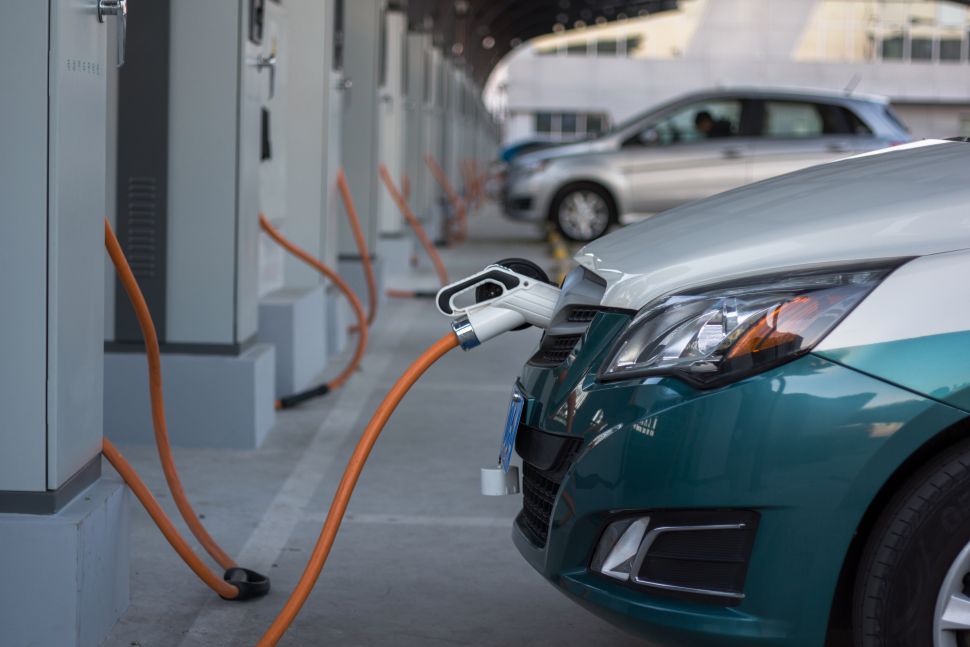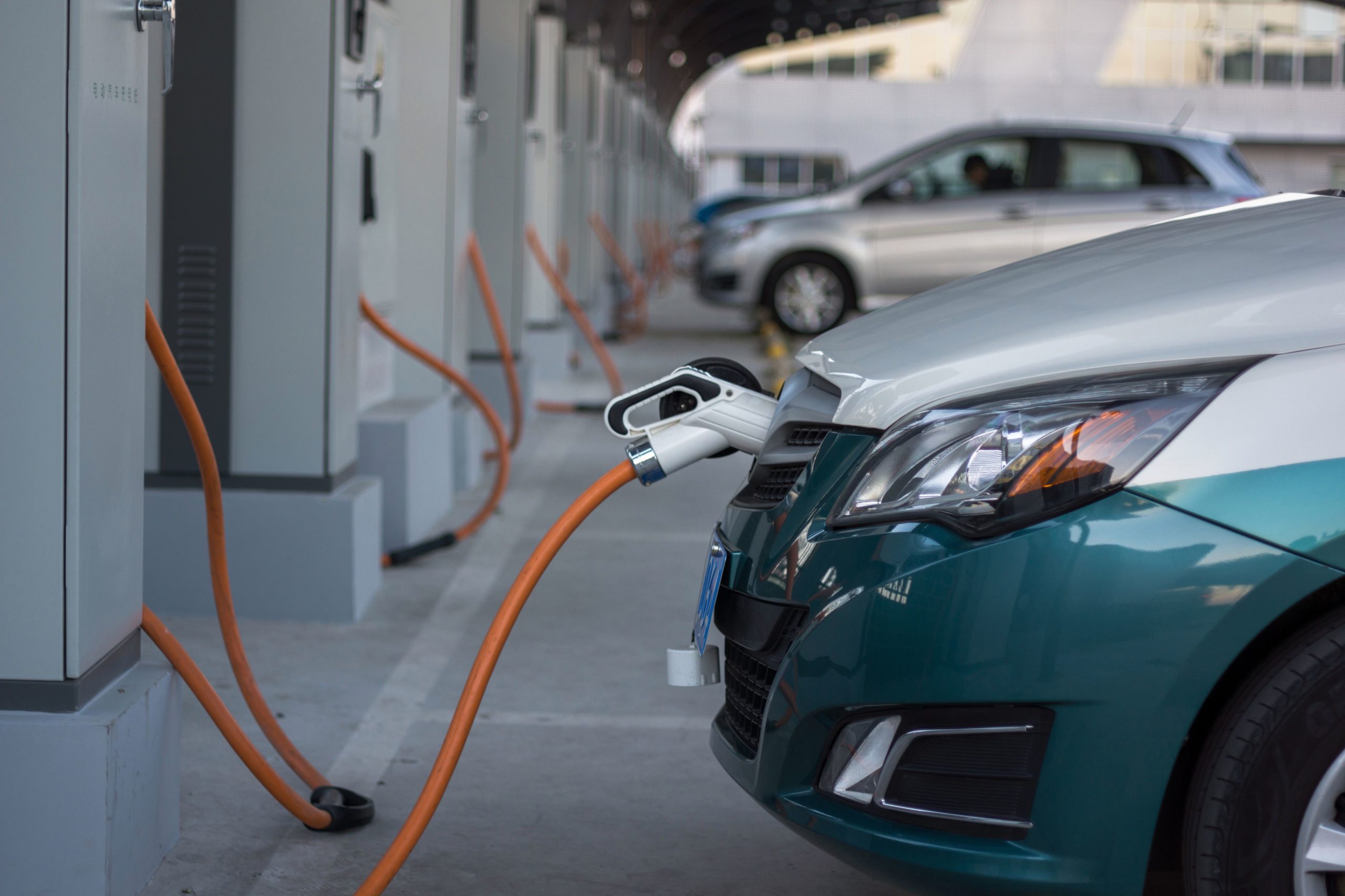
Electric powered motor vehicles however make up for a tiny share of new automobile gross sales in the U.S. Zhang Peng/LightRocket by using Getty Pictures
President Biden is set to provide a speech in Pittsburgh, Penn. Wednesday afternoon to unveil specifics of a $2 trillion infrastructure expense package. The enormous system incorporates billions for modernizing transportation, housing and manufacturing throughout the country with a target on cleanse vitality.
The offer has important implications for the electric auto sector, which comes as the full automobile marketplace speeds up the electric transition and the industry’s top gamers increasingly operate out of govt subsidies and contact for extra federal support.
It certain could truly feel like EVs continuously make news headlines. However in reality, electric cars accounted for only 2 percent of car income in the U.S. past yr. The market has a lengthy way to go to attain the president’s purpose of whole EV adoption by 2035 and internet-zero emissions by 2050. Provided in the offer is $174 billion in grants and incentives to spur governments and non-public firms to make a network of nationwide electric powered car or truck chargers by 2030.
Tesla, which owns almost 80 percent of the U.S. EV sector, has bought far too many electric automobiles to qualify for the $7,500 federal tax rebates for every sale. So has Basic Motors. Vehicle current market insiders say Tesla’s faithful fanbase may possibly help keep sales strong for a when, but other automakers will not have these kinds of luck.
“Many mainstream shoppers look at the rebate a key conclusion level in whether or not they’ll buy an EV,†said Karl Brauer, an govt analyst at iSeeCars and a former government at Autotrader and Kelley Blue Book. “General Motors does not have the similar amount of enthusiasm for their EV solutions. This has damage their EV profits since the rebates expired, forcing the automakers to raise their maker rebates when at the same time doing work with govt officers to renew the rebates.â€
“If the federal government would like additional U.S. shoppers to invest in EVs it should re-set up the $7,500 credit history for automakers that no for a longer time acquire it,†Brauer included.
Biden’s approach proceeds that tax credit history, with the aim of supplying “consumers issue-of-sale rebates and tax incentives to purchase American-created EVs, when ensuring that these automobiles are economical for all family members and created by employees with very good careers,†the White Home has said. Lawmakers want to work with Biden to conclude the cap on automobiles that can be bought with the tax credit history, as nicely.
In an job interview with The Verge final week, Senate Majority Chief Chuck Schumer mentioned he would propose tax credit even higher than $7,500 for new EV profits. He also floated the concept of supplying immediate incentives to automakers who section out their inside combustion fleets and tax incentives for homeowners who put in in-home charging devices. The overall plan, Schumer believed, would price tag $454 billion in excess of 10 several years to carry out, which falls within just the variety outlined in Biden’s strategy.
Nonetheless, immediate buyer and company incentives will not be plenty of, some business players say. They propose that the government ought to direct methods to additional basic concerns, these types of as constructing out charging infrastructure.
“Requiring every single automaker to create their possess infrastructure to charge EVs is not an successful solution,†explained John de Souza, cofounder of Enough, a San Francisco-dependent company specializing in EV battery tech. “Government subsidies should be utilised to accelerate the growth of infrastructure that in fact solves the problem and can be lucrative with no subsidies. Employing subsidies to create ineffective solutions and to prop by non-financially rewarding small business versions is not effective or sustainable.â€
Echoing de Souza’s issue, Murray Rowden, head of infrastructure at the consulting firm Turner & Townsend, explained to Observer, “To genuinely be powerful at shifting extra of the inhabitants to undertake EVs, it won’t be adequate to just make charging stations… This new electricity infrastructure will need to work continually, everywhere you go, all the time, for yrs.â€
Rowden endorses that the Biden administration borrows a web page from the New York State’s “Made-Ready†initiative, which consists of the construction of a mixture of AC (alternating present-day, out there on electricity grid) and DC (immediate recent, for quick charging) charging stations by 2025.
“The buy creates a framework for considerate siting of charging infrastructure that will help decreased installation costs, strengthen internet site host-acceptance and increase use from drivers,†Rowden mentioned. “Alignment with the owners of the personal electricity grids in all parts will be critical to ensuring a consistent method that will give new EV owners the confidence that they won’t be left stranded.â€
The White House revealed Wednesday morning that the Biden economic package will include things like $621 billion for general public infrastructure, $650 billion for housing-connected infrastructure, $400 billion for the treatment economic system and $580 billion for clean up power R&D and production.

